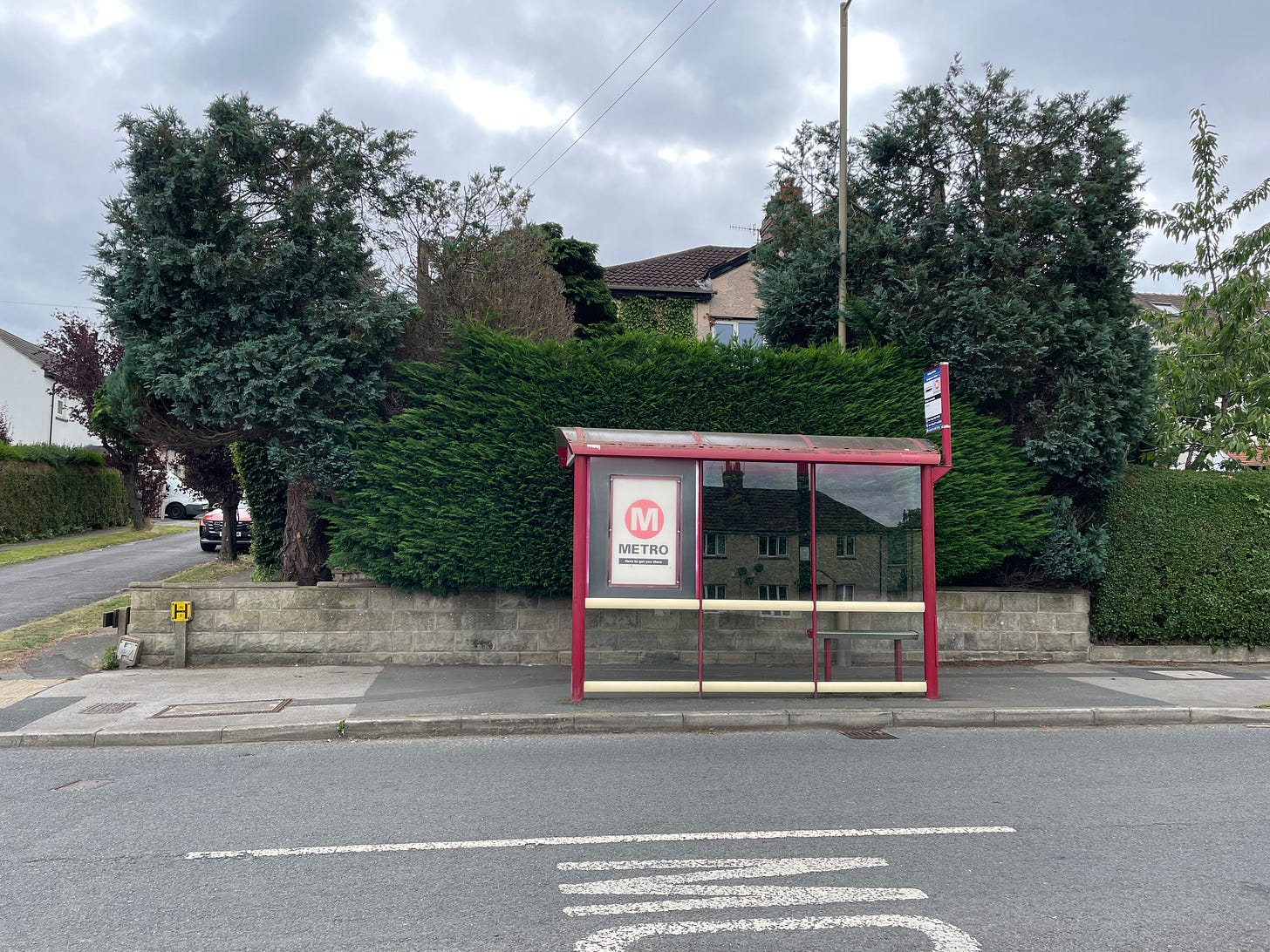WYCA takes a massive step forward with bus service operator invitation
The process has begun to find operators to run West Yorkshire’s franchised bus services 🚌
West Yorkshire Combined Authority (WYCA) has announced that it is inviting bus operators to apply to join its dynamic market of qualified suppliers who will be able to bid to run future services in the region.
The development is the latest in a number of initiatives that have been rolled out by WYCA since it first announced in March 2024 that it was bringing bus services in the region back under public control.
Susan Hinchcliffe, chair of WYCA’s transport committee and leader of Bradford Council, said that this was an “opportunity to challenge operators to show us what they can offer as part of a new system where the passenger comes first”.
“We are eager to see franchised services running as soon as possible, and the new dynamic market ensures we are on the road to better buses,” she explained. “I invite operators large and small to get in touch and get involved, and help us to create a better-connected West Yorkshire.”
The combined authority expects the first set of contracts to be awarded to operators via the dynamic market will take place sometime in 2026 with a view for franchised services to hit the roads in 2027. It aims to have all buses franchised by the end of 2028.
The failure of privatisation
Speaking last year, Tracy Brabin, mayor of WYCA, said that bus services had been “run in the interests of private companies [and] not passengers”, adding that franchising would “help us build a better-connected bus network that works for all, not just company shareholders”.
The franchising model puts the overall responsibility of bus services under the control of combined authorities. They have the power to determine what routes are available to passengers, timetables and the cost of fares.
Bringing bus services back under public control in West Yorkshire is part of a wider movement away from the deregulation and privatisation of buses in 1986 by the then Conservative government (now nearly 40 years ago).
In 2021, Manchester was the first combined authority to announce that it was moving to a franchise model, followed by Liverpool in 2023. Others in the pipeline include Cambridgeshire and Peterborough, the North East, South Yorkshire and the West Midlands.
Poor bus services
According to Centre for Cities, deregulation of bus services – which continue to be the most popular form of public transport in Britain – has led to poor quality bus networks.
“Problems include uncoordinated timetables and routes, fragmented, single-operator ticketing, and a lack of accountability,” the think tank explains. “In areas with profitable bus routes, competing operators often ‘over-serve’ the route to capture more passengers. Although this may increase service frequency in some areas, it results in many other areas being under-served.”
A 2024 survey by Transport Focus, an independent watchdog for transport users, found that bus passengers in West Yorkshire were the least satisfied with their experience for the second year running.
The region also had the worst ranked bus operator, with 69% of Arriva passengers satisfied with their journey. Responding to news that the company was cutting a number of routes in the region because of a shortage of drivers, Brabin told the BBC that its performance had been “absolutely shocking”.
“I am working with Arriva to press them not to salami slice their routes but to pull out whole routes so I can retender and get other bus companies that can actually do the job giving the public what they need, which is a reliable service,” She went on to say.
Rebrand for a mass transit future
As part of its response to improving public transport in West Yorkshire, WYCA announced earlier this year that it would be unified by a new brand that pays homage to the region’s industrial past.
The Waver Network will replace the Metro brand, which has been in existence since it was formed in 1974. It will be gradually phased out.
“To me, the Weaver Network name symbolises the threads connecting people with places, shuttling to and fro, built on heritage and creating new ties and links,” Simon Armitage, the poet laureate and West Yorkshire local – he was born in Huddersfield – said back in May.
“I was pleased and proud to be part of a conversation about the naming of the future transport network - I’m West Yorkshire born and bred, a public transport user, a geography graduate and a poet - in many ways it was the perfect invitation.”
Future goals for bus services
According to the West Yorkshire Bus Service Improvement Plan, WYCA has so far received £91 million in funding from the Department of Transport to help it deliver its “vision for buses”.
Mid term goals outlined by the plan (2025–2028) include developing better integrating bus services with other modes of more sustainable transport – rail, cycling, walking – introducing audio-visual information on all buses and improving bus stops.
Long-term goals (2029–2040) include launching a single West Yorkshire app that will act as the “go to” destination for the latest travel information and purchasing tickets, and transitioning to a zero emission bus fleet.



